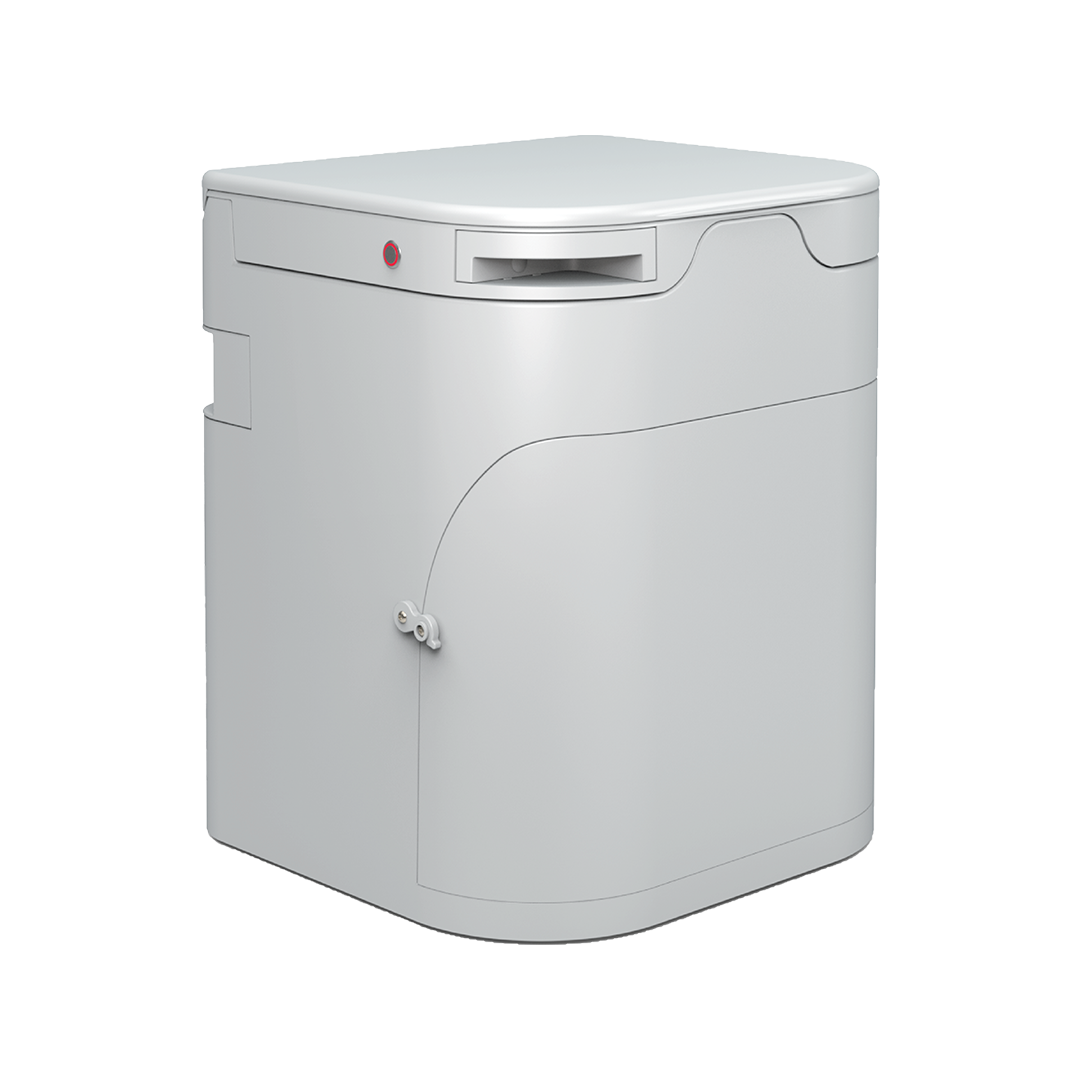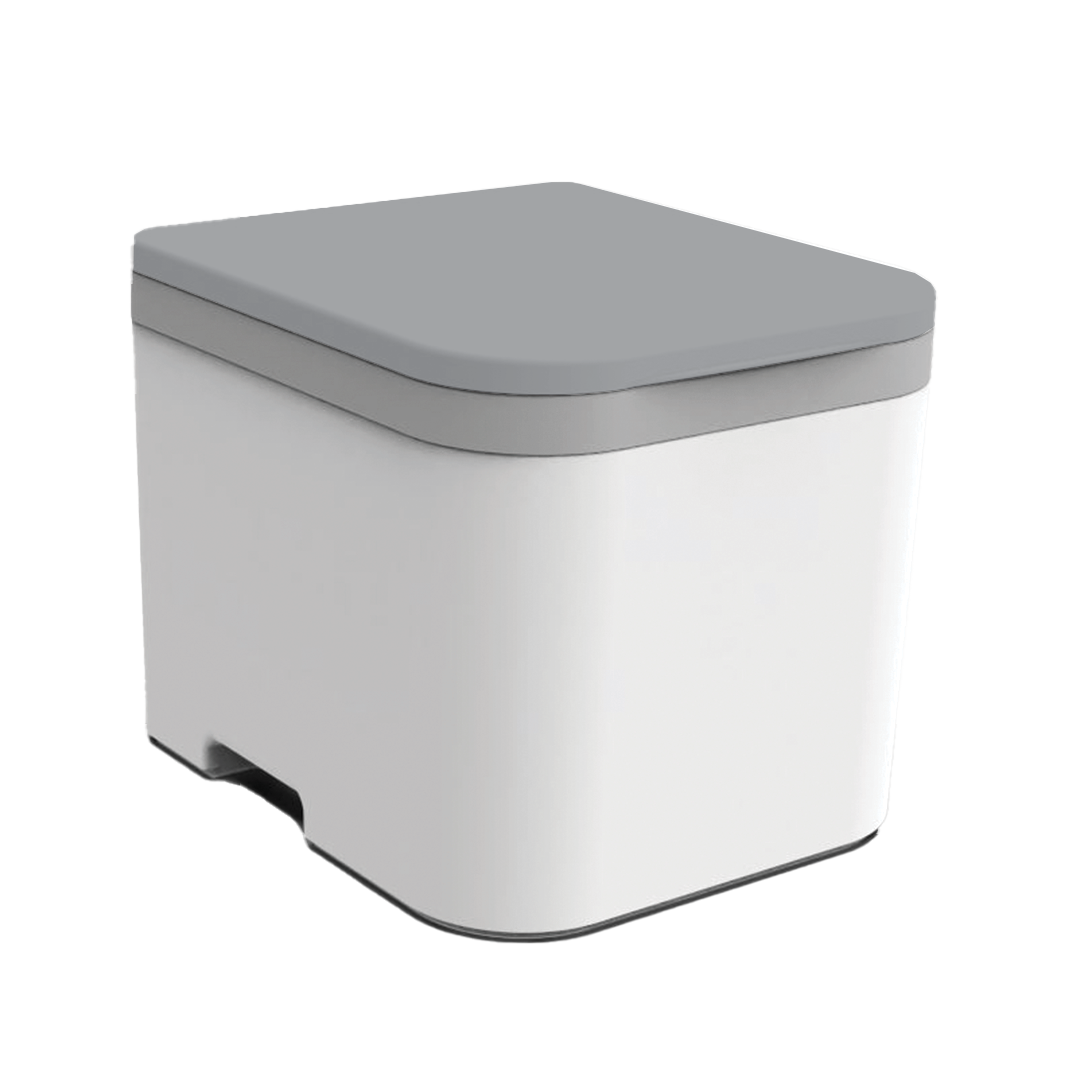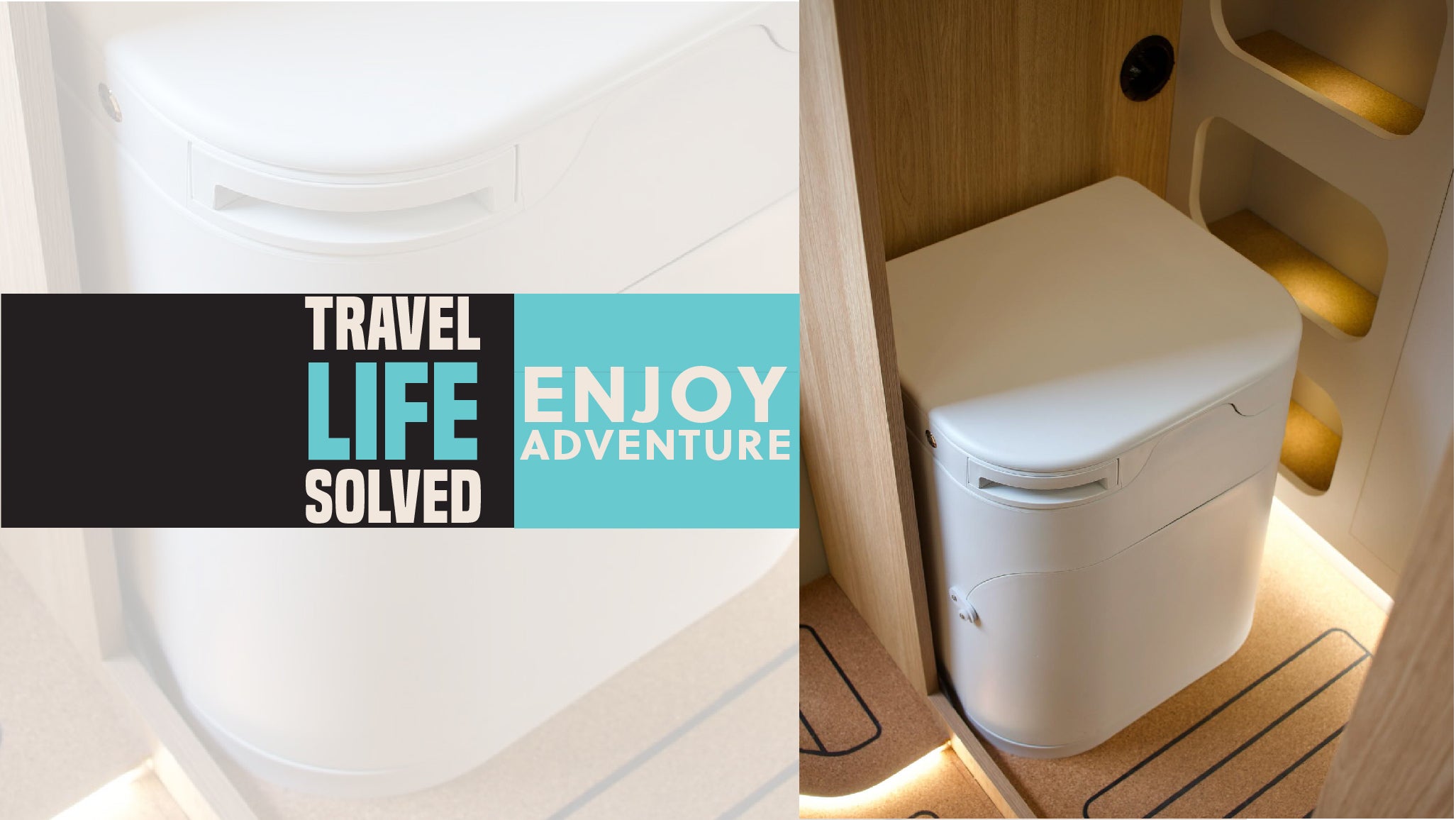In an era where sustainability is becoming increasingly important, the concept of compost toilets is gaining traction. These eco-friendly alternatives to traditional flush toilets offer numerous benefits, particularly for those living off-grid, in RVs, or seeking to minimize their environmental impact. This blog article delves into the history of compost toilets, explores top brands like the OGO™ ORIGIN and NOMAD by OGO™, debunks common myths, and explains why compost toilets are superior to RV and chemical cassette toilets.
A Brief History of Compost Toilets
The concept of composting human waste is not new. Historically, various civilizations have utilized composting techniques to manage waste and enhance soil fertility. The modern compost toilet, however, traces its roots to the 1960s and 1970s, during the environmental movement. Innovators sought to create systems that would conserve water, reduce pollution, and recycle nutrients back into the soil.
One of the earliest and most influential designs was the Clivus Multrum, developed in Sweden. This pioneering system laid the groundwork for the development of various composting toilet technologies that followed.
Leading Brands in Compost Toilets
OGO™ ORIGIN
The OGO™ ORIGIN Compost Toilet is a state-of-the-art solution designed for both off-grid living and eco-conscious households. Key features include:
- Urine Diversion: Separates liquid and solid waste, reducing odors and enhancing composting efficiency.
- Power Agitator: Automates the mixing process, ensuring optimal composting conditions.
- LED Urine Level Detector: Alerts users when the urine bottle is full, preventing overflow.
- Venting Options: Advanced ventilation system to keep the toilet odor-free.
- Charcoal Filters: Additional odor control for a pleasant experience.
- Drain Kit: Allows users to bypass the urine bottle and divert liquid waste directly to a drainage system.
- Removable Solids Bin: Makes emptying even easier without removing the whole unit.
NOMAD by OGO™
The NOMAD by OGO™ is designed for those who need a portable and flexible composting solution. It features:
- Layering Method: Allows the use of any compost medium, making it versatile and user-friendly.
- Compact Design: Perfect for tiny homes, RVs, and mobile living situations.
- Efficient Composting: Ensures waste is converted into nutrient-rich compost with minimal hassle.
Busting Common Myths About Compost Toilets
Myth 1: Compost Toilets Smell Bad
- Fact: Compost toilets effectively separate urine from solid waste. When urine and solid waste are combined, they produce a chemical reaction that results in the unpleasant sewage smell we often associate with traditional toilets. This smell typically necessitates the use of chemicals, enzymes, and perfumes to mask it. By separating these waste streams, compost toilets eliminate this issue. Additionally, the use of an absorbent compost medium helps manage moisture and further reduce odors. The primary potential source of odor in a compost toilet is the urine bottle, but this can be easily managed with regular cleaning or completely avoided by installing a drain kit to bypass the urine bottle. With these features, modern compost toilets maintain an odor-free environment effectively.
Myth 2: Compost Toilets Are Hard to Maintain
- Fact: Modern compost toilets are designed with user convenience in mind. Features such as the power agitator, LED urine level detector, push-button agitation, and a removable solids bin make these toilets increasingly user-friendly. The regular maintenance routine for compost toilets is straightforward and less frequent compared to the upkeep required for chemical cassette toilets. These advanced features simplify the process, ensuring that managing a compost toilet is hassle-free and efficient.
Myth 3: Compost Toilets Are Only for Off-Grid Living
- Fact: While compost toilets are perfect for off-grid living, they are also highly suitable for urban homes, RVs, and boats. They provide an environmentally friendly alternative to traditional sewage systems and are classified as a TYPE III Marine Sanitation Device (MSD), making them Coast Guard-approved. For urban homes, compost toilets offer a cost-effective solution, eliminating the need for expensive sewage systems and leech beds. By incorporating compost toilets, users can achieve greater sustainability and independence regardless of their living situation.
Why Compost Toilets Are Better Than RV and Chemical Cassette Toilets
1. Environmental Impact:
- Compost toilets do not use water for flushing, conserving this precious resource. In contrast, RV and chemical cassette toilets often rely on harsh chemicals that can harm the environment.
2. Odor Control:
- Advanced compost toilets, like those from OGO™, have superior odor control mechanisms compared to chemical cassette toilets, which can emit unpleasant smells if not maintained properly.
3. Maintenance:
- Compost toilets require less frequent emptying and have simpler maintenance routines. Chemical cassette toilets, on the other hand, need regular chemical refills and can be cumbersome to clean.
4. Health Benefits:
- Composting toilets produce nutrient-rich compost that can be used to enrich soil, contributing to a healthier ecosystem. Chemical toilets, however, produce waste that must be treated and disposed of at designated facilities.
Conclusion
Compost toilets represent a significant advancement in sustainable sanitation. Brands like OGO™ ORIGIN and NOMAD by OGO™ are leading the way with innovative designs that make these systems practical, efficient, and user-friendly. By debunking common myths and highlighting their advantages over traditional RV and chemical cassette toilets, it becomes clear that compost toilets are not only a viable alternative but a superior choice for those committed to sustainable living. Embrace the future of waste management with compost toilets and contribute to a greener, more sustainable planet.




